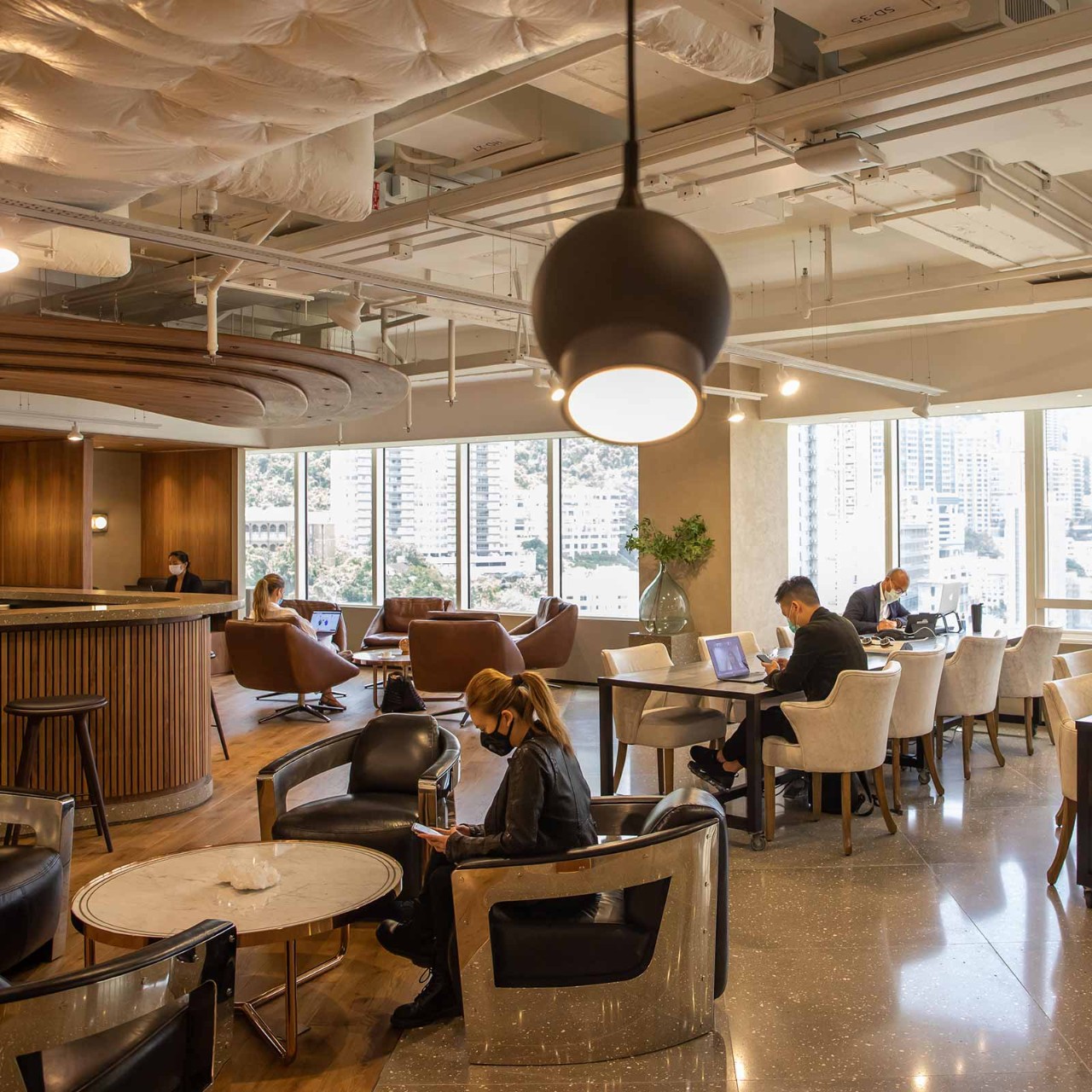
The recent unveiling of Singapore’s S$24bn (US$18bn) budget plan for 2021 by deputy prime minister and finance minister Heng Swee Keat signals the government’s transition away from emergency mode towards sustainability for the post-pandemic world. AB asked a panel of five FCCA members – Chai Yee Hoi, Ken Ong, Puah Mei Pin, Edgar Wong and Belinda Young (see box below) – for their views on how the measures stack up.
Q What are some of the key features and differences of Singapore Budget 2021?
Chai Yee Hoi Budget 2020 was very much targeted at pulling Singapore through the difficult times, while Budget 2021 is more of a healing budget to get Singapore’s economy on its feet and prepare for post-Covid.
This year’s measures include extensions of grant support for certain industries to sustain them for the next few months. Aviation, aerospace, arts and culture and sport, and tourism, however, will continue to suffer, and will feel the full impact after the grant support expires in the second half of 2021.
Edgar Wong In Budget 2020, the Singapore government presented a relatively generous budget to help tide the nation over the immediate shock of Covid-19 to the economy. To the many businesses, especially SMEs, that were forced to shut down during the early phases of the pandemic, wage support was definitely a silver lining to a dark cloud.
As we move away from addressing the initial shock of Covid-19, we are now entering the next phase, which is to scale down from the unprecedented budget of 2020 and focus our resources on building up and planting the seeds for future revenue generation.
Belinda Young The government has put up a deficit budget for the second year running, largely to let us know the importance of relaunching the economy. The S$24bn package is aimed at building a vibrant business community, providing financial capital and developing Singapore’s workforce.
While these measures will help Singapore navigate through many challenges, some jobs will not return, and we will need to get used to a new way of working – especially in the service and consultancy sectors. We will need to leverage innovative ideas to achieve the same or better results with fewer resources.
Q What are some of the incentives introduced that would i) encourage sustainable and diversified economic development, and ii) reinforce Singapore’s position as a ‘global-Asia node’?
Puah Mei Pin To accelerate the growth of new digital capabilities for businesses and sharpen its competitiveness as the economy picks up again, a new emerging technology programme will co-fund the costs of trials and the adoption of frontier technologies such as 5G, artificial intelligence and trust-tech.
Additionally, the new CTO-as-a-service initiative will provide SMEs with quicker access to professional IT consultants while the new digital leaders programme will support promising businesses in hiring a core digital team and developing and implementing digital transformation roadmaps.
These measures are likely to boost investments in new and emerging technologies and help to build robust capabilities in mature businesses. SMEs will be encouraged to diversify their operations and embark on new digital ventures, helping them to stay dynamic and competitive in the continuously changing business environment.
All in all, the government has considered the various sizes of businesses as well as their needs, and will continue to provide support so long as these businesses are willing to develop and implement its digital transformation roadmaps.
Ken Ong Budget 2021 seeks to incentivise Singapore’s economic development by supporting businesses at every stage of their development. In the area of financing, for example, there is the enterprise financing scheme’s construction project loans and the special situation fund for startups, which the government has committed to co-investing in on a one-to-one basis.
Other schemes announced that will help to reinforce Singapore’s position as a global-Asia node include the emerging technology programme, enterprise development grant, enterprise financing scheme, market readiness assistance grant, 100% investment allowance on approved automation projects, and double tax deduction for internationalisation.
Q How timely and relevant were the green finance measures announced in Singapore Budget 2021?
KO They are definitely a great start and contribute towards building a caring and sustainable Singapore for future generations. So far, S$19bn worth of public sector green projects have already been identified.
While the amount looks massive, we may just be tackling the tip of the iceberg. BP’s 2020 statistical review of world energy reports that fossil fuels still accounted for 84% of the world’s primary energy consumption in 2019. It is, nevertheless, an exciting area, and I believe we will definitely see more initiatives emerging in the future.
BY There are certainly more sustainability measures mentioned this year, relating to green finance, electric cars, conversion of areas such as rooftop car parks to vegetable gardens, urban farming, and improved park connectors.
Focusing on sustainability is long overdue, especially with the threatening climate change that faces us. We have already seen it with one of the wettest January months followed by one of the driest February months in 2021 alone.
I also applaud the government’s initiatives relating to the issue of green bonds for selected government infrastructure projects, and incentives to enhance the retail bond market, all of which seek to attract investors and promote Singapore as a green financial hub.
Q What are your thoughts about the tax measures introduced in the 2021 budget?
KO Though the pandemic is far from over, the balance has shifted in focus from containing the fallout to addressing the long-term fiscal needs in Singapore.
For example, the cessation of corporate income tax rebates after seven years will likely result in an increase in corporate tax collection moving forward. Additionally, the GST levy on low-value imports, which will begin in 2023, will level the playing field between domestic and foreign retailers of similar products.
EW Despite having accumulated a massive foreign-exchange reserve, Singapore cannot continue to draw down on it to fund day-to-day consumption.
Through Budget 2021, we can see that the Singapore government intends to diversify and create new revenue sources by extending GST to low-value goods and imported non-digital consumer services, taking more in corporate tax and imposing higher duties on petrol.
In addition, it is starting to plant the seeds to gain public approval for planned future implementations. These include raising GST from 7% to 9% sooner rather than later, and implementing some form of wealth tax.
Q What is one thing from the 2021 budget that has struck you?
CYH With the impending increase in GST, the government has laid out various programmes to support individuals and households. Unfortunately, there appears to be no help for SMEs to deal with the increase in GST.
Instead of increasing the GST rate, the government could consider expanding the pool of GST-registered traders by lowering the GST registration threshold from S$1m in annual revenue to, say, S$500,000.
EW One of the standout things for me is the enhancement of the jobs growth incentive to include ‘all persons with disabilities and ex-offenders’. I appreciate that these segments of society are not being lost in the big scheme of things.
By providing incentives to businesses to hire them, not only will individuals be able to find jobs, but companies will also be empowered to increase headcount to develop new growth areas.
Panellists
Chai Yee Hoi is managing director at Acctax Management Consultancy
Ken Ong is tax director at Eastern 9 Business Advisory Services and a member of the ACCA Singapore taxation forum
Puah Mei Pin is tax director at Complete Corporate Services and a member of the ACCA Singapore taxation forum
Edgar Wong is director at Asiaf1rst Corporate Compliance and a member of the ACCA Singapore taxation forum
Belinda Young is director at Centrecourt Group and the chair of the ACCA Singapore taxation forum





